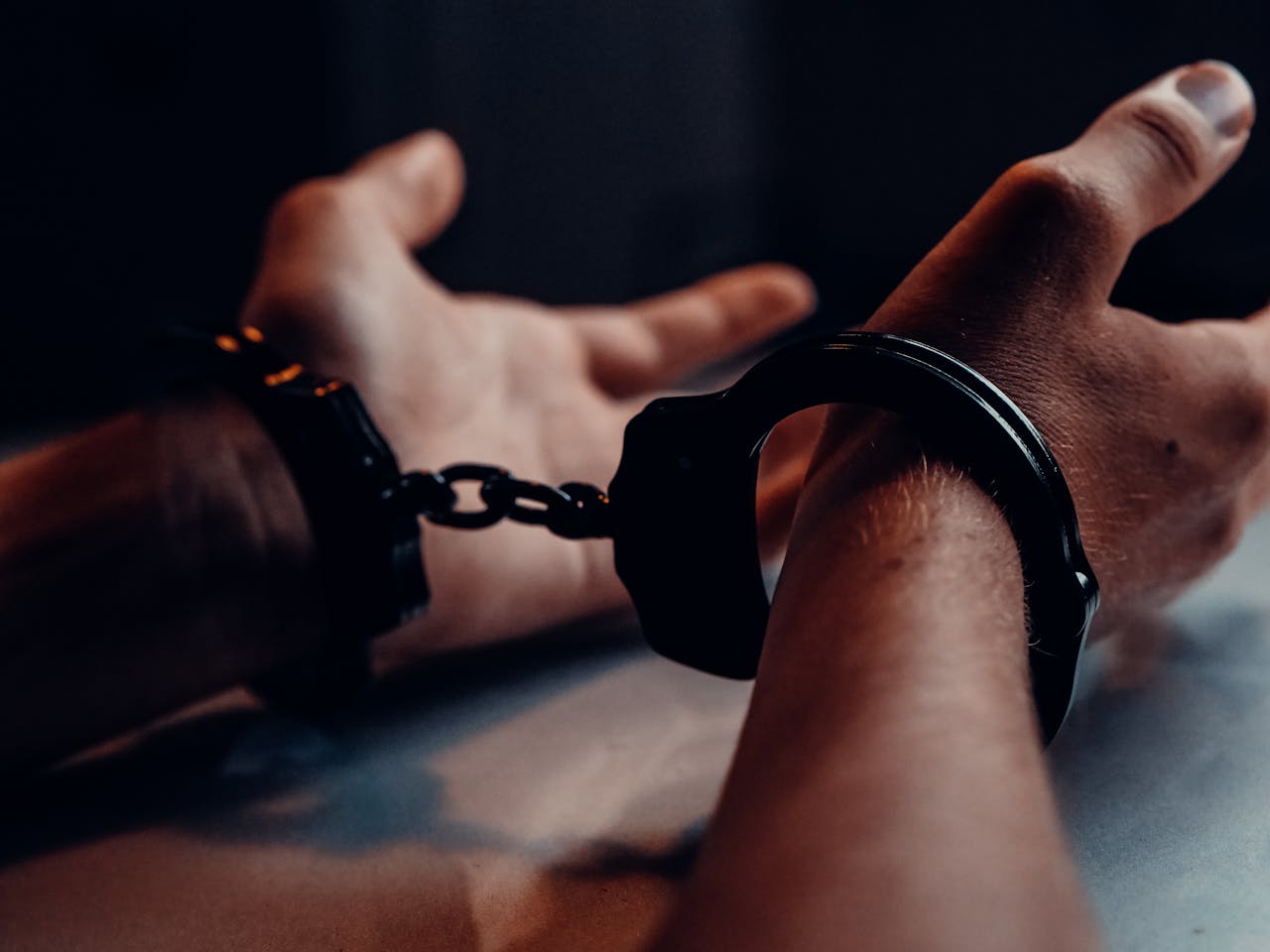By following these steps, you can play a vital role in ensuring that your loved one’s rights are protected and that they receive the best possible outcome.
When a loved one faces arrest, it can be an overwhelming and stressful experience. Knowing the right steps to take, from finding a lawyer to posting bail, can help you provide the necessary support while navigating through the legal process. This guide will walk you through the necessary initial steps to ensure you’re prepared to assist effectively.
Stay Calm and Gather Information
The first and most important step is to stay calm. Panic will only make the situation more difficult to handle. Try to gather as much information as possible about the arrest. Where did the arrest take place? What was the reason for the arrest? Where is the detained individual now? These and other similar questions are necessary to help you make informed decisions moving forward.
Reach Out to a Legal Professional
When you learn that a loved one has been arrested, one of the first steps you should take is to contact a lawyer. Legal experts can provide guidance specific to the circumstances of the arrest and help protect the rights of the arrested individual. Look for an attorney specializing in criminal law, as they will have the expertise needed for such cases. Many law firms offer initial consultations to discuss the case’s basics and outline potential next steps.
Document Everything
Maintaining detailed records related to the arrest is essential. Document every interaction, phone call, and piece of correspondence. This includes noting down the names of officers involved, dates and times of events, and any other relevant information. Having thorough documentation will be invaluable for the attorney and can help clarify any discrepancies later in the process.
Understand Bail Bonds
If bail is an option, understanding how it works can expedite your loved one’s release. When someone is arrested, a judge determines a bail amount based on the severity of the offense and other factors. Bail bonds provide a lifeline for those who cannot afford to pay their full bail amount upfront, ensuring that they can prepare for their court appearance without remaining behind bars. The process involves a bail bondsman who, for a fee, posts the bail on behalf of the defendant.
Communicate Clearly and Provide Support
Effective communication with your loved one and their attorney is vital. Ensure that your loved one knows their rights and advises them to remain silent until legal counsel is present. Providing emotional support during this time is equally important. Your loved one will likely be experiencing significant stress, and knowing they have your support will make a considerable difference.
Prepare for Future Legal Proceedings
The arrest is just the beginning of a potentially lengthy legal process. Prepare for upcoming court dates and ensure that your loved one has all the necessary documents and information ready. This includes evidence, witness statements, and any relevant personal documents. Staying organized will help streamline the process and ensure that no critical details are overlooked.
Know Your Loved One’s Rights

Understanding the rights of the arrested individual is important. This includes the right to remain silent to avoid self-incrimination, the right to an attorney, and the right to a fair and speedy trial. Knowing these rights will help you advocate effectively for your loved one and ensure that they receive fair treatment throughout the legal process.
Seek Emotional and Community Support
Dealing with the arrest of a loved one can be emotionally taxing. Don’t hesitate to seek support from friends, family, or community groups. There are also organizations dedicated to helping families navigate the legal system. These resources can provide both practical assistance and emotional support, helping you cope better with the situation.
Conclusion
Navigating the early stages of a loved one’s arrest involves staying calm, gathering information, securing legal representation, and providing steadfast support. By following these steps, you can play a vital role in ensuring that your loved one’s rights are protected and that they receive the best possible outcome. Taking action now can make all the difference; reach out to a legal professional today for expert advice and support.


Join the conversation!